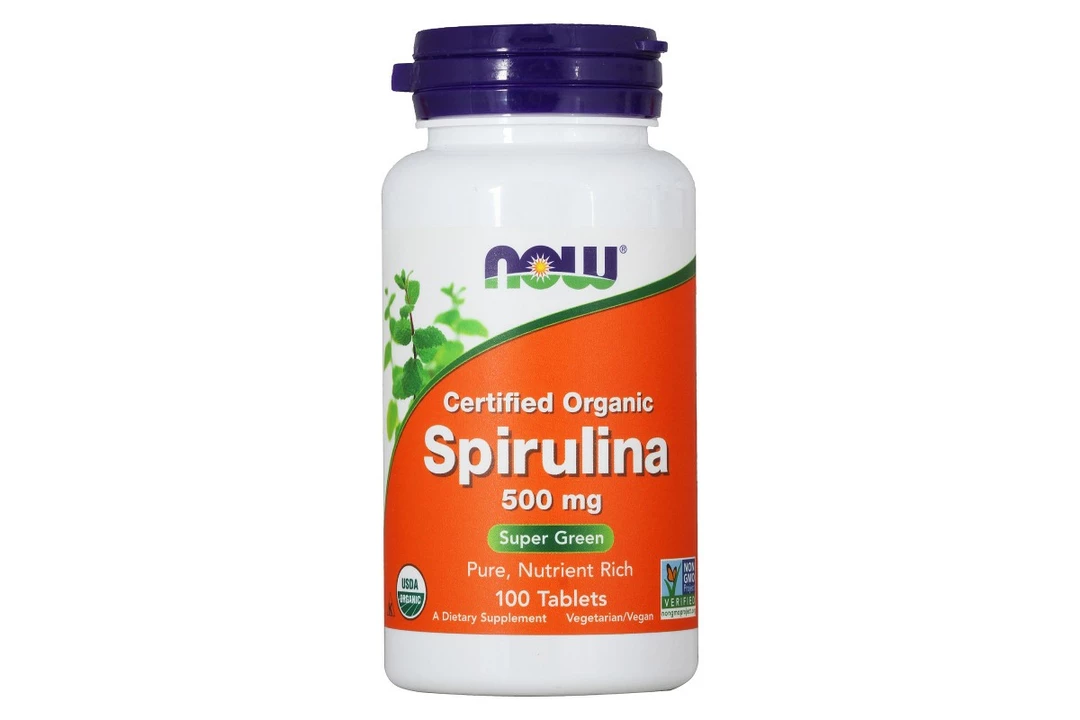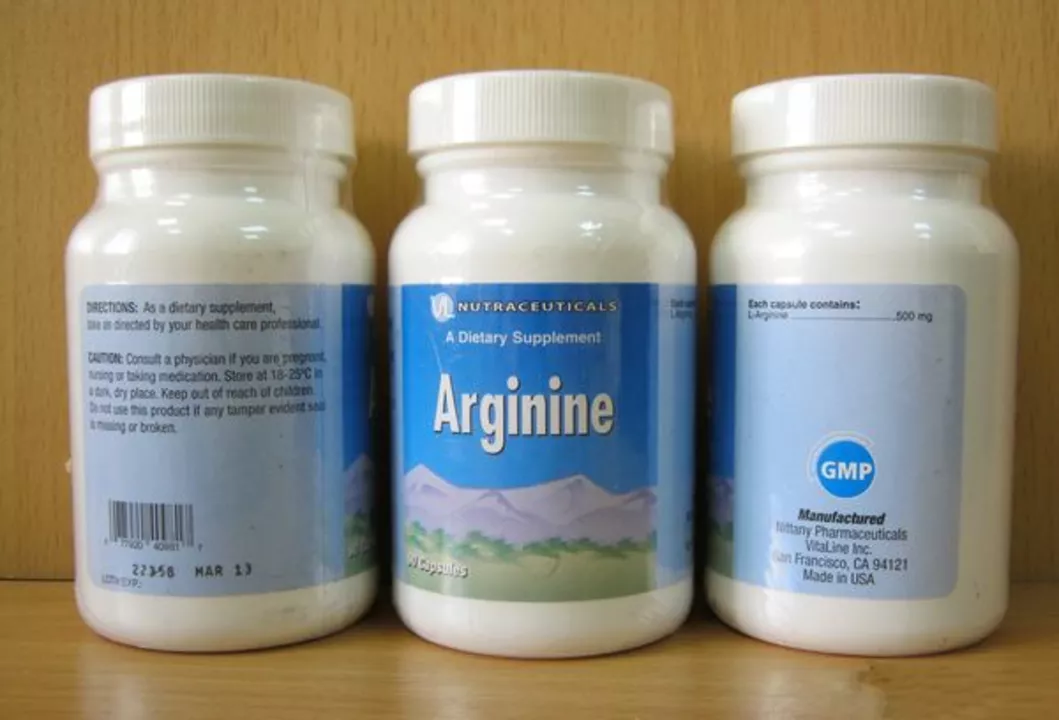Dietary Supplement: How to Choose, Use, and Buy Safely
Most people take a vitamin or supplement at some point — but not everyone knows how to pick one that’s safe and actually works. Supplements can help fill gaps, but they’re not magic. This page gives straight, useful steps for choosing products, avoiding risks, and buying online without getting ripped off.
How to pick a safe supplement
Start with the basics: check the label. Make sure it lists the active ingredient, dose per serving, number of servings, manufacturer name, and expiration date. If the label is vague or the serving size is missing, skip it.
Look for third-party testing. Seals from USP, NSF, or ConsumerLab mean the product was tested for identity and contaminants. Those seals aren’t perfect, but they’re a big plus.
Pay attention to the dose. More isn’t always better. For example, vitamin D and zinc help some people, but very high doses can cause harm. Compare the dose on the label to common clinical ranges — if you’re unsure, ask a pharmacist or your healthcare provider.
Prefer simple formulas. Single-ingredient supplements (like omega-3 or vitamin D) are easier to evaluate than giant blends with dozens of herbs and fillers. If a product promises a dramatic cure or sounds too good to be true, it probably is.
Using supplements with prescription meds: quick rules
Supplements can interact with drugs. A few common examples: certain herbal products affect blood thinners, some minerals change how antibiotics work, and high-dose vitamin K can influence warfarin. Don’t mix supplements with prescription meds without checking first.
Tell your pharmacist or doctor every supplement you take — including herbals and probiotics. If you start a new prescription, ask whether any of your supplements could change how the drug works or raise side effect risk.
Watch for signs that something’s off: sudden stomach upset, unusual bleeding, severe fatigue, or new headaches after adding a product. Those are reasons to stop the supplement and call your clinician.
Buying online? do this: buy from sites that list a physical address and phone number, show third-party test results or certifications, and offer clear return/refund policies. Check customer reviews on independent sites — not just the seller’s page. Avoid bulk deals that push you to take very large doses or subscribe without clear cancellation terms.
Finally, keep records. Save receipts and labels, and store supplements in their original bottles. If you have a chronic condition, bring the bottles to appointments. That simple habit helps your healthcare team catch interactions and advise smarter choices.
If you want product suggestions or help checking a label, our team at Canadian Pharmacy 24 can point you to tested brands and answer quick questions. Small steps — like checking a seal or asking a pharmacist — go a long way toward safer supplement use.






